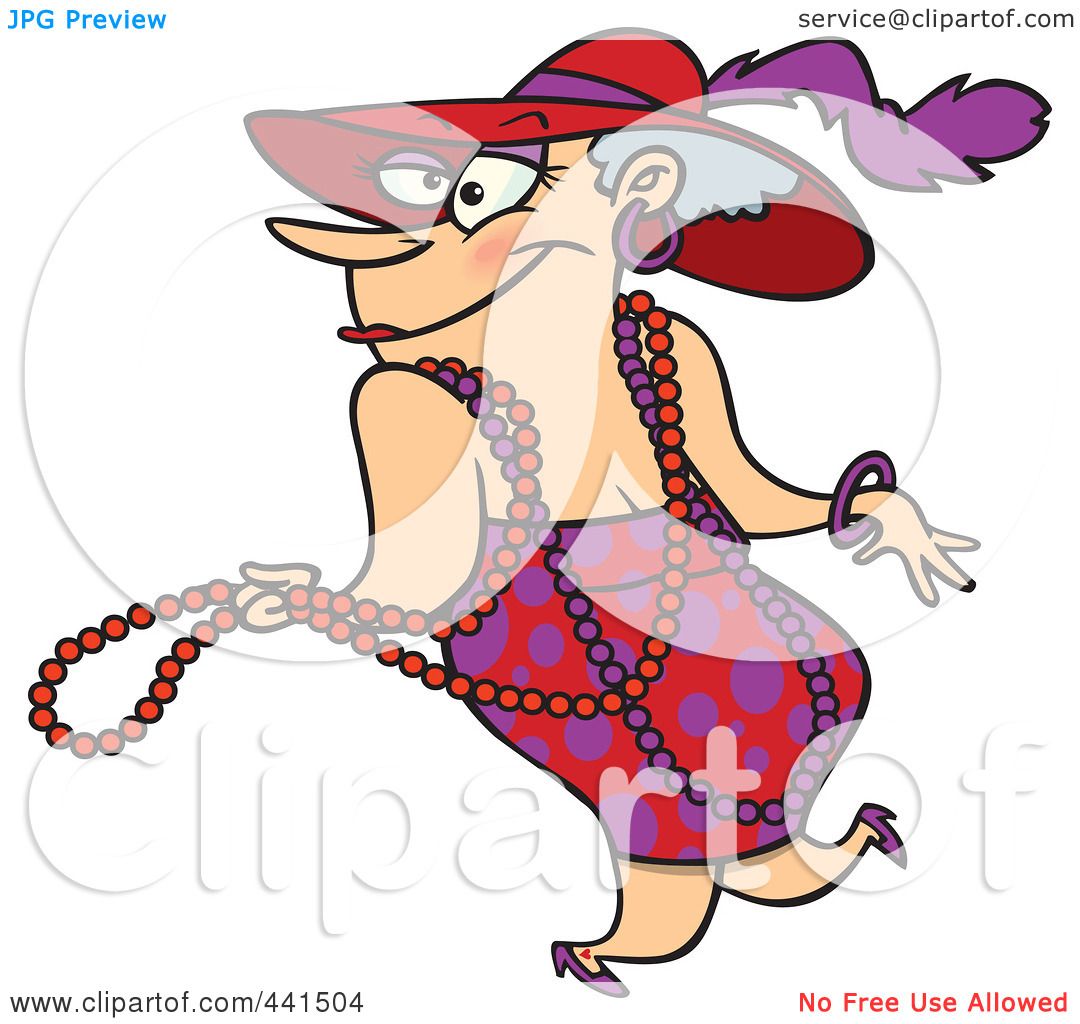

An enraged Craigen tosses Helen into an autogyro and flies her against her will to his cabin in the middle of the snow-swept woods.
#Anime girl wearing a socialite hat movie#
Craigen storms off, Helen tries to apologize And here the movie gets really weird. The record's inadvertently played however and Helen's ruse is discovered. Craigen proposes and through a laborious, pre-audio tape method Helen records his proposal on vinyl as proof of her conquest. But anyone can see where the plot's going: Helen gets her man with ease but guess what, she finds that she's developed feelings for him too. Three days? More like three minutes and I'd be down on one knee. Sulky, slinky, casting languorous looks, sprawling on divans and blowing thick puffs of cigarette smoke through her nostrils. (If I'd had the role of Craigen this film would've been five minutes long – "Yes, I WILL marry you!" The End.) Helen plies Craigen with charm, Claudette really laying it on thick. Bobbed hair cut chin-length, her kohled eyes anime-sized, she appears almost waiflike indeed it's hard to reckon her appearance in this movie with how she looked just a few months later in DeMille's "Sign of the Cross." The plot's preschool simple: Helen Steele wants to be an actress, and in order to convince a theater director she's the right leading lady for his new play, she bets she can make the famous, Hemingway-type big game hunter Jack Craigen (Edmund Lowe) propose to her in three days. Claudette by the way looks bizarrely young here – if you've seen Lubitsch's 1931 film "The Smiling Lieutenant," she pretty much looks the same in this movie. Claudette Colbert stars as Helen Steele, a glamorous socialite who's bored with her staid life of luxury. Because really, this is one twisted film – even when taking into consideration the sordid world of Pre-Code cinema. The 1932 obscurity Misleading Lady is designated as a "comedy," but I'm not sure that's a proper designation. Yet even though The Misleading Lady does not lack sex, sophistication, and subversionthe key ingredients of the later screwball comediesIt Happened One Night it just ain't. In 1935, Colbert's most memorable shrew-taming co-star, Clark Gable, played the role of Jack in a Lux Radio Theatre adaptation. The farce, which also confronts the increasingly terrified young woman with a lunatic on the run (Stuart Erwin), would have been more enjoyable and less disconcerting in its handling of the conquest had it not been approached like a neo- Gothic melodrama, a genre for which director Stuart Walkerthe most "misleading" person in this productionhad a far greater affinity.

This is pre-code romance, so pretty much anything goes as Helen is abducted, trapped, stripped and chained.

Can this modern woman be conquered by brute force? Jack is enamoured enough to give it a shot. Jack, who has just returned from a jungle expedition, turns out to be surprisingly easy preyuntil he discovers, in a rather humiliating manner, what we know from the start: that Helen has neither been forthright nor free. So, Helen's engagement ring changes fingers and the bet is on. To be considered for the role, she accepts the challenge of getting the thoroughly old-fashioned and downright misogynistic Jack Craigen to propose to her within three days of their first encounter. Finding it difficult to convince a theatrical producer that she is just right for the part of a siren in a new play he is mounting, Helen vows to give this sceptic a real-life demonstration of her seductive powers. It is the chance at reinvention that proves irresistible to her. But what a life! Parties, gossip, and insufferable boredom. After all, she got both the finances and the fiancé to be set for life.

Neither gold digger nor vamp, Helen Steele is not particularly interested in landing a man. Based on a 1913 stage play and twice filmed during the silent era, The Misleading Lady is a slight pre-code variant of The Taming of the Shrew, with Colbert as a scheming socialite who meets her match in the out-of-touch wildlife explorer (Edmund Lowe) she ventures to ensnare.


 0 kommentar(er)
0 kommentar(er)
